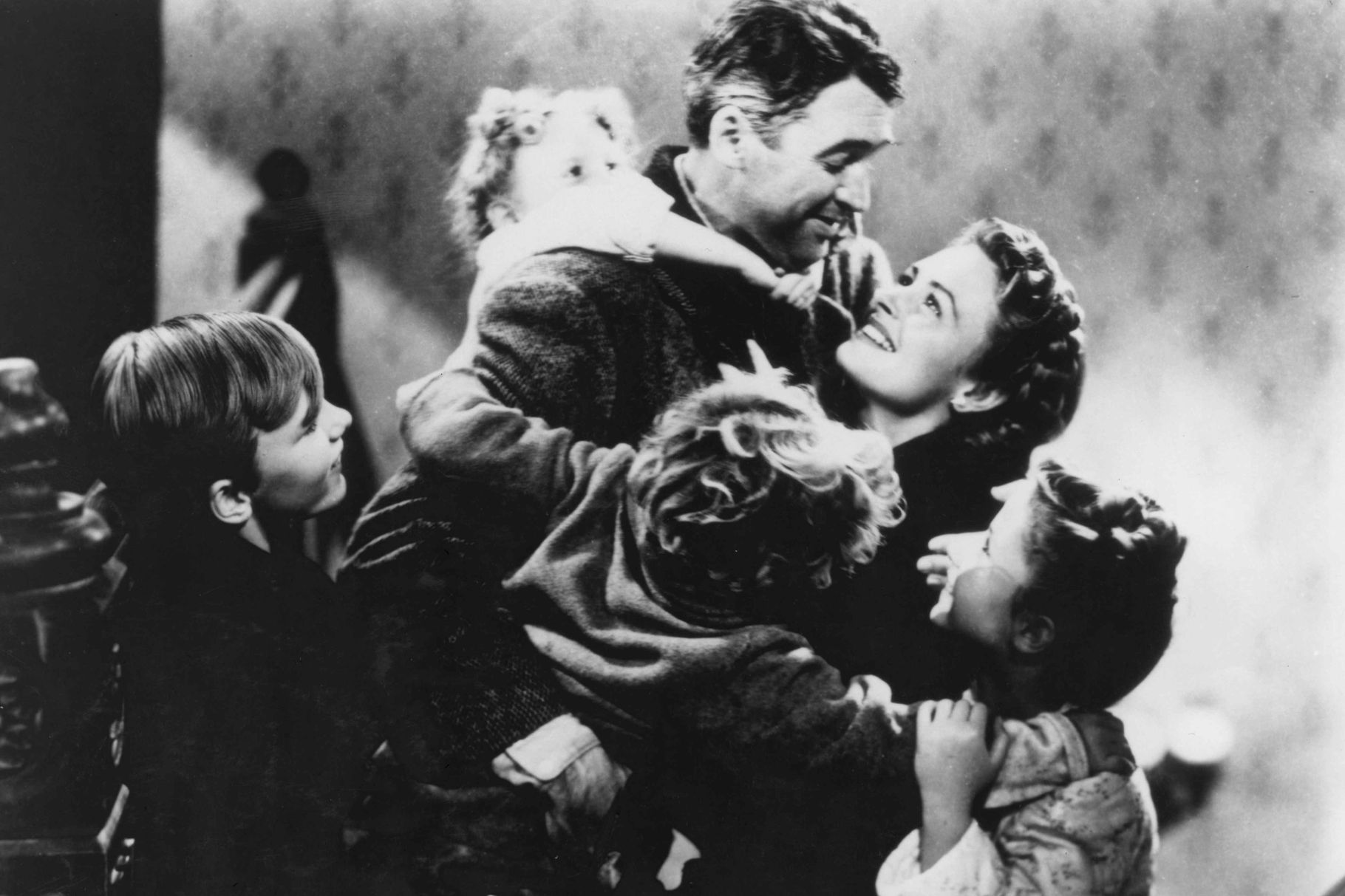It's a Wonderful Life released in the Christmas season of 1946, just a year after the unconditional surrender of Japan and as millions of American men and families were just starting to pick up the pieces of their lives. Had it all been worth it? The same year, William Wyler rolled out The Best Years of Our Lives, which was explicitly about veterans finding hope after the scars of war (the movie would win Best Picture). It’s a Wonderful Life, on the other hand, was about a man whom the war passed by. George Bailey is deaf in one ear, ineligible to sacrifice himself for his country, because as a boy he sacrificed himself in a frozen river for his brother. It wasn’t just soldiers returning from the front who had to find a path forward; it was those like George who had been stuck at home, unsure who they were if they weren’t heroes.
Login to read more
Sign in or create a free account to access Subscriber-only content.
Topics:
